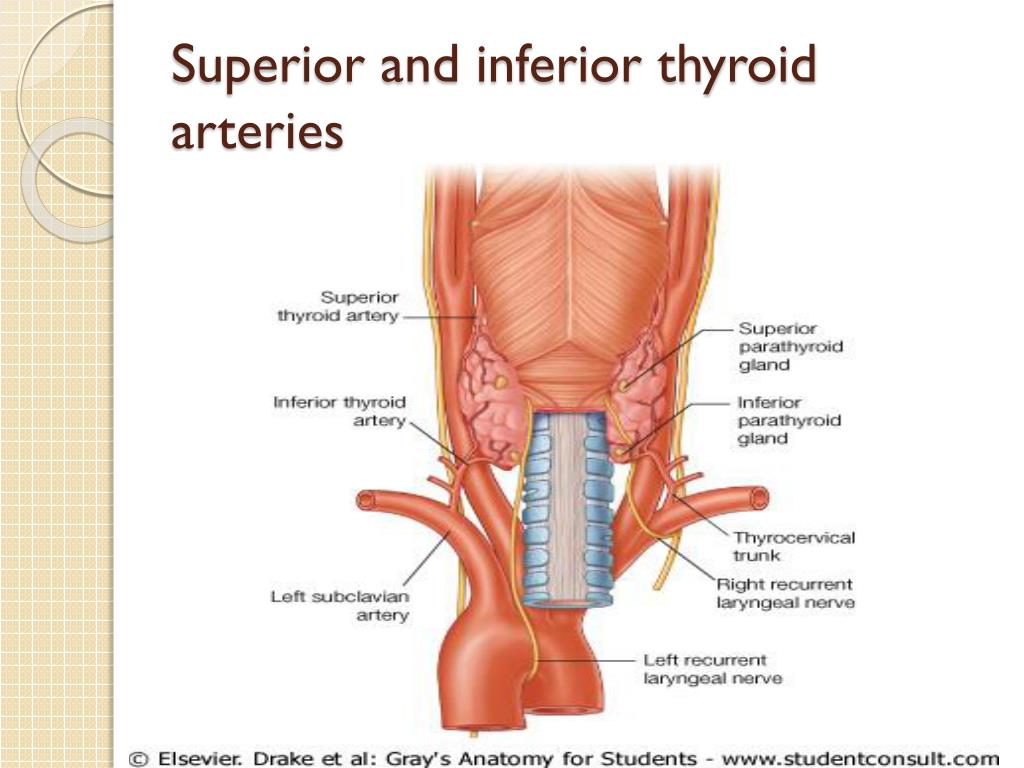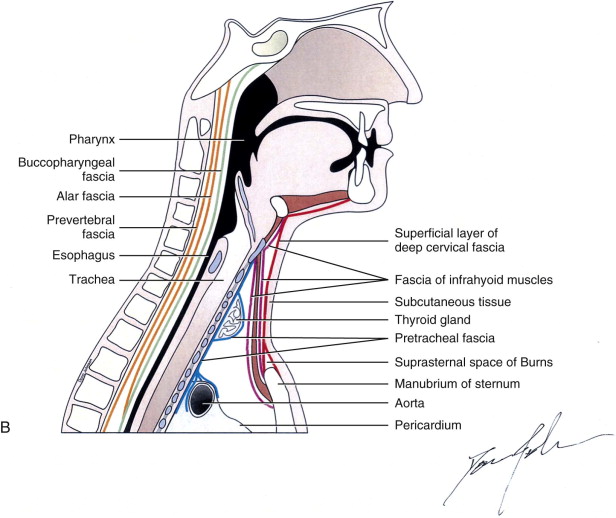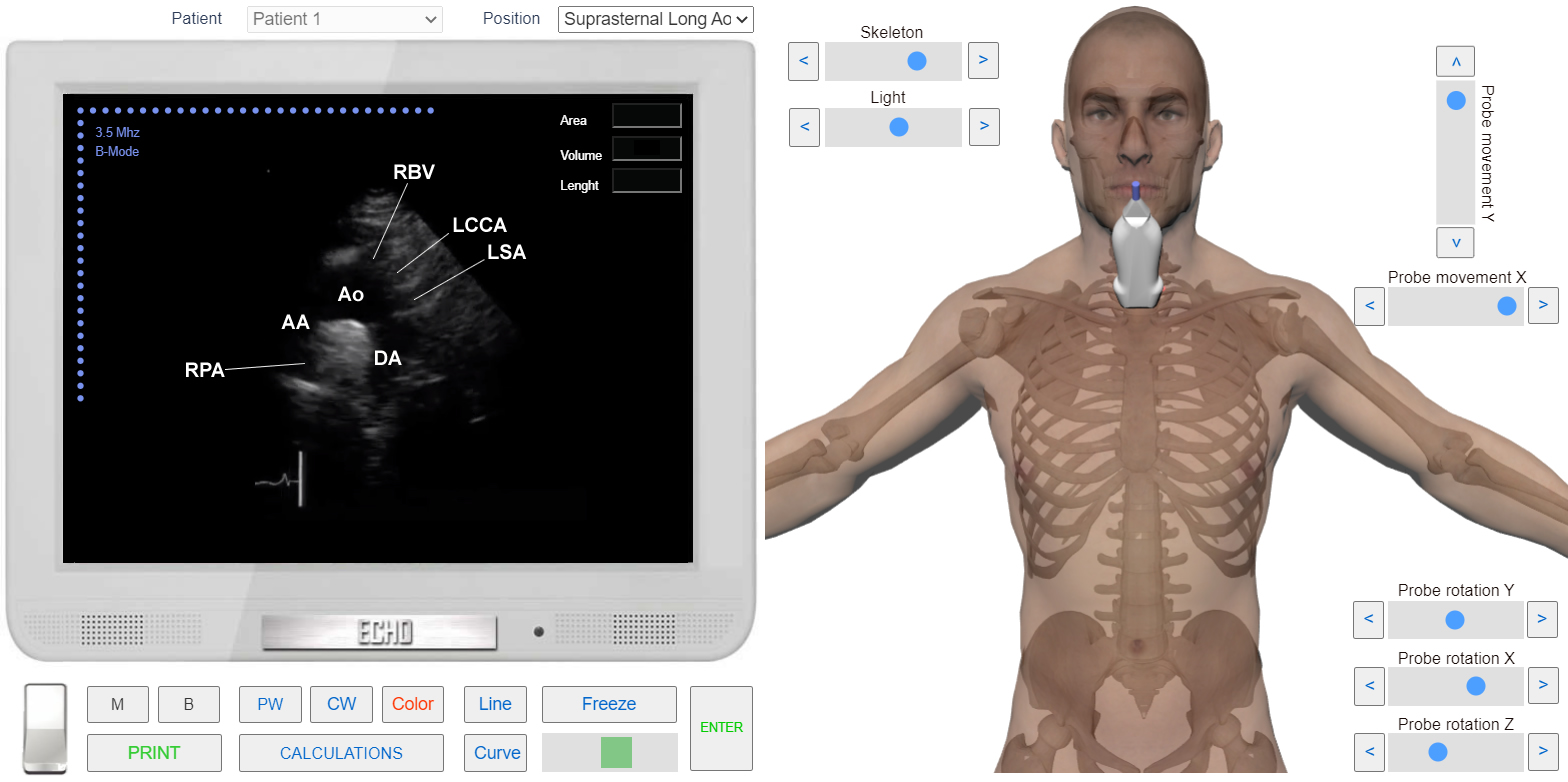
PPT WINDSOR UNIVERSITY SCHOOL OF MEDICINE PowerPoint Presentation, free download ID2716954
The suprasternal space, which is also known as the "Burns space," is a narrow space between the superficial and deep layers of the investing layers of the deep cervical fascia superior to the manubrium of the sternum . According to Gray's Anatomy, it.

Suprasternal space of Burns Anatomy, Human body, Body
Anterior triangle of the neck. Covers. Infrahyoid muscles. Suprasternal space (of Burns) In the Suprasternal notch, the investing fascia splits into two layers: One attaches to the anterior border of the manubrium. The other to the posterior border. This leaves a small suprasternal space containing: A little fat.

Αποτέλεσμα εικόνας για suprasternal notch Medical anatomy, Anatomy images, Anatomy
The suprasternal space (of Burns) is a space of the inferior neck. Gross anatomy. Inferior to the hyoid bone, the superficial or investing layer of the deep cervical fascia divides into anterior and posterior leafs to attach to the respective borders of the suprasternal (jugular) notch, forming a small space ~2 cm superior to the manubrium 1-3.

Echocardiographic view ; Suprasternal notch suprasternal long axis YouTube
Suprasternal notch. Bottom of the neck; above the manubrium of the sternum, and between the two clavicles. The suprasternal notch, also known as the fossa jugularis sternalis, jugular notch, or Plender gap, is a large, visible dip in between the neck in humans, between the clavicles, and above the manubrium of the sternum .
:watermark(/images/logo_url.png,-10,-10,0):format(jpeg)/images/anatomy_term/rami-oesophageales-arteriae-thyroideae-inferioris/jPVawazSgHi8afdyfnj7w_Rr._oesophagialis_A._thyroideae_inferioris_1.png)
Esophageal branches of inferior thyroid artery (Rami oesophageales arteriae thyroideae
The suprasternal space (Space of burns) is a narrow space between the superficial and deep layers of the investing layers of the deep cervical fascia.. Boundaries: Anterior: superficial layer of deep cervical fascia attached to the anterior border of the manubrium; Posterior: deep layer of deep cervical fascia attached to the posterior border of manubrium and to the interclavicular ligament.

PPT Understanding the Fascial planes of head and Neck PowerPoint Presentation ID6031589
The two spaces formed by this fascia are the posterior triangular space on the same side and the "suprasternal space of Burns" in the midline. The suprasternal space arises when two layers of fascia attach to the front and back of the sternum. middle layer-visceral layer;

Ludwig’s Angina Pocket Dentistry
This creates the variably sized suprasternal space of Burns (or Gruber), which contains fat and a communicating vein between the left and right anterior jugular veins. If this space is entered during a tracheostomy, inadvertent transection of the communicating vein may result in considerable blood loss. Caudally the SLDCF is attached into the.

Suprasternal View. Long axis of aorta
A. Rule of 7s for Duration of Swelling: If 7 days: Inflammatory. If 7 months: Neoplastic. If 7 years: Congenital. B. 80:20 rule for Malignant vs Benign Neck Swellings: In Pediatric age group: 20% are Malignant and 80% are Benign. In Adult age group: 20% are Benign and 80% are Malignant. C. 20:40 rule for Age group: <20 years:

Suprasternal notch Anatomical Terms Pronunciation by Kenhub YouTube
The suprasternal space (of Burns) is a space of the inferior neck. Gross anatomy. Inferior to the hyoid bone, the superficial or investing layer of the deep cervical fascia divides into anterior and posterior leafs to attach to the respective borders of the suprasternal (jugular) notch, forming a small space ~2 cm superior to the manubrium.

Fascial layers of the neck and carotid sheath imedscholar
The suprasternal space of Burns (a suprasternal midline space created by a leaflet split in the superficial layer of deep fascia) is opened while leaving the periosteum and anterior transthoracic fascia for protection of the brachiocephalic veins. Next, the omohyoid muscle is marked and divided prior to identifying the internal jugular vein and.

Investing layer of deep cervical fascia DETAILED (1/4) YouTube
The suprasternal space is a narrow space between the superficial and deep layers of the investing. layers of the deep cervical fascia above the manubrium of the sternum. The suprasternal space has. been paid little attention as a space with the potential for lymph node metastasis from both thyroid. cancer and head and neck cancer.

Pin on Learn Anatomy
LNCM space includes suprasternal space and intra-infrahyoid strap muscle space.. (LNSS) in lateral neck dissection , which anatomically classified as part of the space of Burns. They concluded that the positive rate of LNSS was 22.6% in clinically node-positive (cN+) PTC, which was correlated with a primary site in the inferior pole,.

Bildergebnis für fascia Deep fascia, Subcutaneous tissue, Fascia
The suprasternal space, also called the space of Burns, consists of superficial and deep layers of the investing layers of the deep cervical fascia above the manubrium of the sternum [10].. The rate of lymph node metastasis of thyroid or head and neck cancer in suprasternal space has been investigated by few studies [3,4]. In their.

Tuberculous suprasternal notch abscess in a child Vijay and Vaishya 2016 BMJ Case Reports
The suprasternal space of Burns features a small lymph node and bridging vessels between the anterior jugular veins . BACTERIOLOGY. During the preantibiotic era, the organism most often isolated from deep neck space abscesses was Staphylococcus aureus. Since the introduction of antibiotics, aerobic Streptococcal species and non-Streptococcal.

фасции шеи fascia cervicalis Анатомия, Тело, Массаж
The space between these two layers, the suprasternal space or space of Burns, contains the sternal heads of the sternocleidomastoid muscles and the arch of the internal jugular vein. The middle or pretracheal fascia extends from the thyroid and cricoid cartilages down into the thorax. It is an extensive fascia that splits to surround the.

VERTEBRAL COLUMN RIBS STERNUM by Isabella Kung Kaan
The suprasternal space, also called the space of Burns, consists of superficial and deep layers of the investing layers of the deep cervical fascia above the manubrium of the sternum [10]. It has little areolar tissue and few lymph nodes.